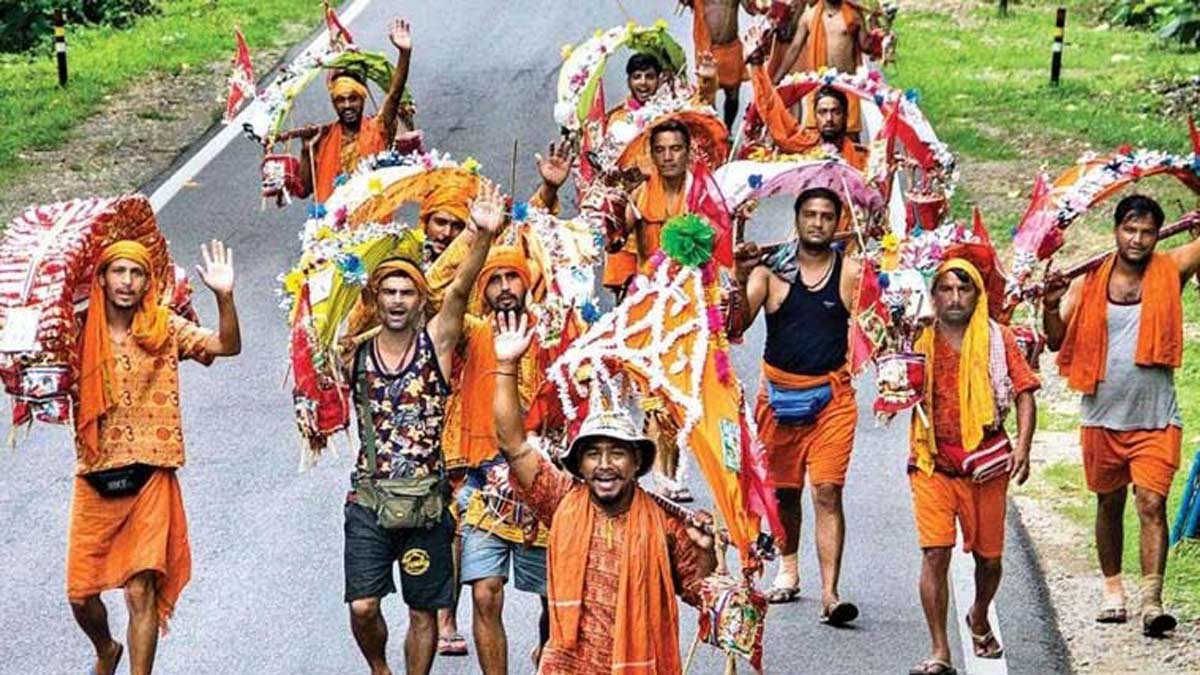QR codes on Kanwar route eateries: Plea moved in Supreme Court over fear of religious profiling
 File image
File image
A fresh plea has been filed in the Supreme Court challenging the latest directives by the Uttar Pradesh and Uttarakhand governments that ask food stall owners along the Kanwar Yatra route to paste QR code stickers on their banners. The move would have let pilgrims scan and instantly see details of who owns or runs these stalls.
The plea filed by Professor Apoorvanand has urged the top court to immediately put a stop to these directives, arguing that forcing vendors to publicly reveal their names and identities goes against an interim order passed by the Supreme Court last year. The order had made it clear that no one could be compelled to disclose such information in this manner.
The professor claims that the new QR code rule is nothing but an attempt to bypass that protection. He believes the move is designed to single out certain food vendors based on their religion and could deepen existing fault lines along the busy pilgrim route.
“This entire idea of putting QR codes that reveal owners’ details is just a new cover for the same discriminatory profiling that this Hon’ble Court had stayed earlier,” the application says.
The plea pointed out that while eateries do need valid licenses which has the owner's name and these are meant to be displayed inside the shop, not splashed across hoardings and banners for all to see. “Putting personal details out in the open could endanger small vendors, especially those from minority communities, and may even provoke mob violence,” the plea stated.
Professor Apoorvanand argues that the real motive behind this drive is not consumer safety but religious polarisation. “What else explains a directive that basically outs a person’s faith and caste to every passerby under the garb of ‘license compliance’?” the petition stated
The application contends that disguising these directives as lawful license requirements amounts to an infringement of the vendors’ right to privacy. It argues that forcing food sellers to display the names of owners, managers, or employees through banners or QR codes or compelling them to adopt shop names that reveal the religious identity of their proprietors goes well beyond what any food safety or licensing regulation legitimately requires.
The top court is likely to hear this case on July 15.
India